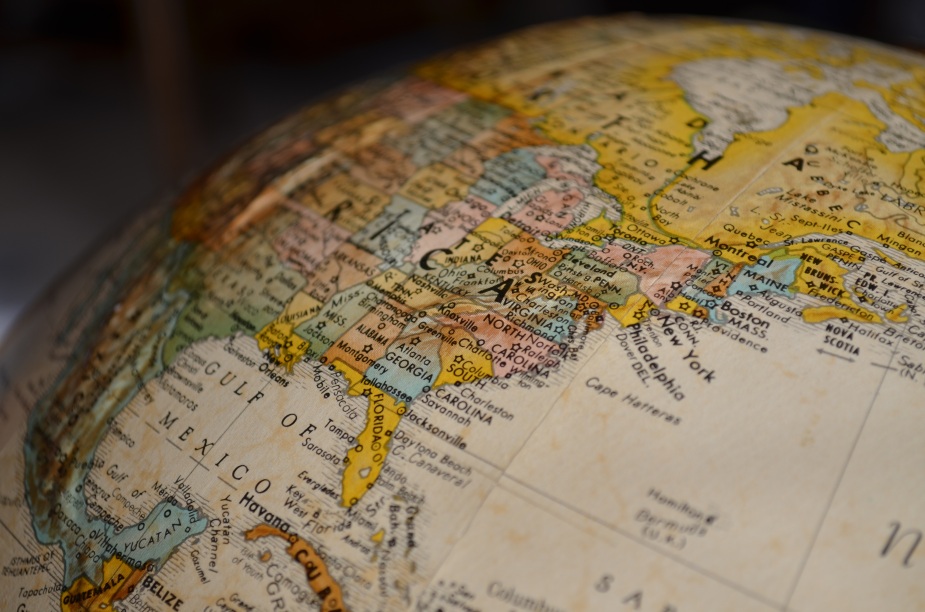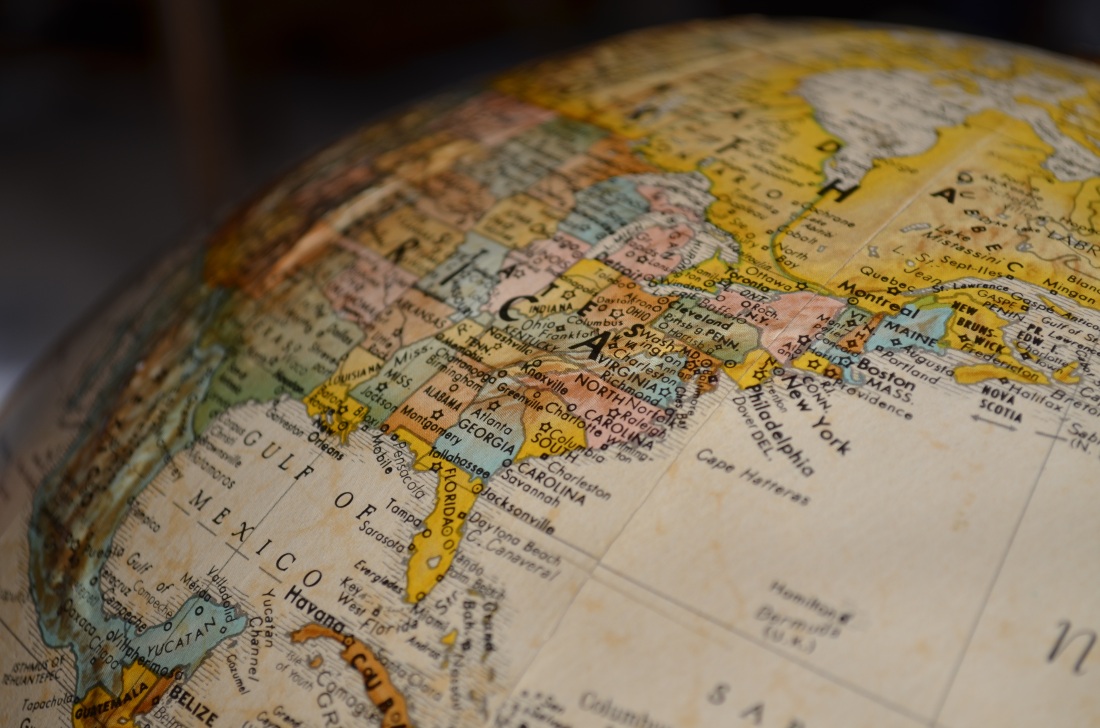So this is going to be a very different kind of post. (New month, new me! Right?) I’m going to share some of my ideas about global citizenship; and how I feel about navigating life in both a sensory, intentional and intellectual way. Let’s hope I don’t ruffle too many feathers. But then again, that may or may not be my objective. It’s all light hearted, but in the spirit of (not) striving to create ‘evergreen’ content, I dare say that it is apt. Politically. And indeed, I mean what I say.
__________________________________________
Global citizenship is not a term that I have ever particularly loved.
Rather, it is one that has, perhaps, been thrust upon me. And that I have not felt a specific reason to resist. Conceptually, however, it is important. We live in a world in which hate has no place, but persists. And many of us have the desire to DO something to make it better. “Making an impact” is a vague term.
In my opinion, the first step to becoming part of the solution is extracting oneself from being part of the problem (well-meaning as one may be).
So here are my ‘thinker’s’ first steps to becoming a useful citizen of the world:
Knowledge is an asset. Misinformation is a liability. It’s easy to take certain information for granted that may not necessarily be grounded in contemporary, statistical or empirical evidence or proof.

- Challenge knowledge you have through your own personal experiences.
How representative are the perceptions you hold based on experience? Seeing may be believing; but remember that the worlds that you have experienced; be it the neighbourhood you grew up in, or stories from major metropoles you have heard, or the village in a country that is low-income by classification, may not be representative.
- Realise that the world is constantly changing: and in many instances, that change is incredibly rapid.

- Accept that the everything in the world is incredibly nuanced.

There is rarely right and wrong, black and white. Most situations are remarkably complex: inherently so and additionally by virtue of the multiple external factors that influence and manipulate them. As a rule of thumb, if anything – an epidemiological trend, a political action or the funding of drug development seems easy to understand – you may have an accurate conceptual understanding but you almost certainly have not yet had the opportunity to understand the full picture.
Challenges arise when we, or those we elect, do not have a broad and comprehensive understanding of a situation. Sometimes, it is not necessarily in their interest to do so. (It is important to recognise all the stakeholders and attempt to understand the factors that inform their agenda.) But a genuine lack of understanding can result in poorly designed, imprecise solutions that do not prove effective; or misallocation of resources.
My hope is that this will be food for thought.
It’s a foggy Wednesday in London, from whence I write. So it is surely an act of true altruism for me to end this blog post, as always, by wishing you a stellar day!
– Christiana
